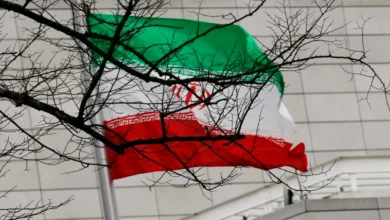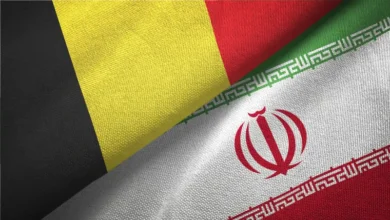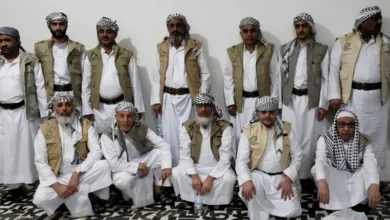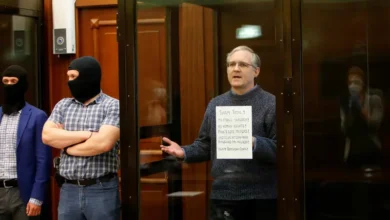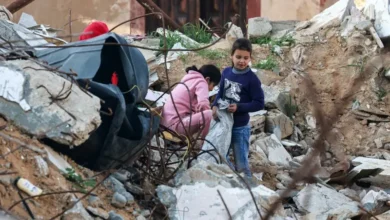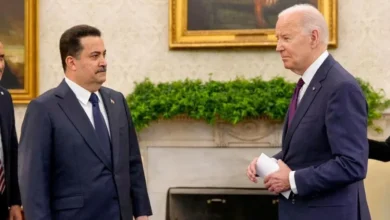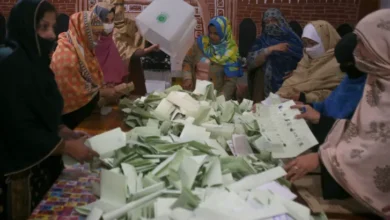In Tunisia, pro-Palestinian fervour used to push for anti-NGO law
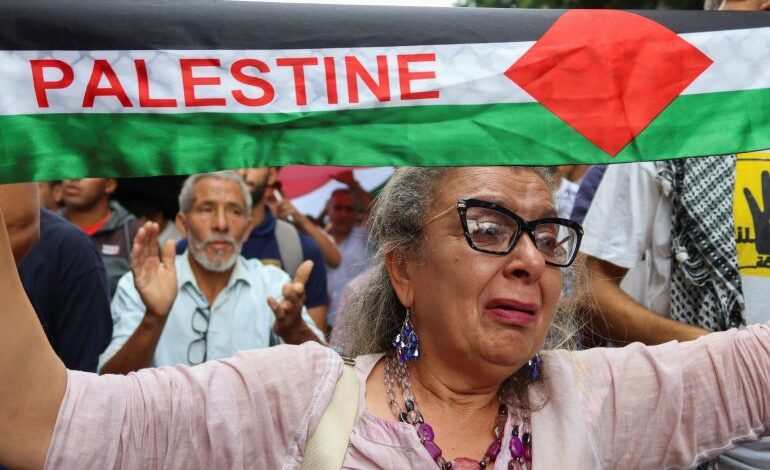
The war on Gaza has granted Tunisia a rare moment of political unity, fuelling public appetite for new legislation that risks fracturing civil society groups and potentially isolating the country on the international stage.
Since his July 2021 power grab, decried by the opposition as a coup, President Kais Saied has faced simmering discontent from both supporters of the former parliament and a powerful trade union, the Union Generale Tunisienne du Travail, or Tunisian General Labour Union.
For much of Tunisia’s predominantly young and progressive civil society groups, Saied’s presidency has provided a focal point of dissent, but many are divided between resentment of his authoritarian rule and what most see as an absence of any alternative.
However, Israel’s relentless bombing of the Gaza Strip after an October 7 surprise attack in southern Israel by the military wing of Hamas, which governs the Gaza Strip, has tugged at deep historical threads within Tunisia, drawing society together in a way that nothing else has, including the 2011 revolution.
Piggybacking on public sentiment?
The deep public anger against Israel and its Western backers, who seem unwilling to even ask it for restraint, have given new momentum to existing proposals to curtail the work of all of the country’s NGOs. They are being seen as a legislative curb on Western influence.
The proposals, put forward by a group of members of parliament, would rewrite the post-revolutionary Decree 88, hailed at the time as among the world’s best legislation for free association, and could serve as a leash to pull all of country’s NGOs back.
The proposed curbs date back to objections by Fatma Mseddi, a lawmaker from Sfax on the Mediterranean coast, over the support offered by civil society groups to undocumented Black refugees sleeping rough on the streets of her city. She wanted the refugees deported and the NGOs helping them blocked from receiving overseas funding.
The legislation would affect all NGOs operating within Tunisia. Public resentment of Western governments support for Israel – at odds with their past rhetoric on democracy building and human rights – has left many of the Tunisian NGOs that they have helped fund exposed to criticism.
“I support the president,” 33-year-old Khadija Malki, who works at a nearby factory, said from a cafe in Tunis’s medina. Of the NGO bill, she said her distrust of Western influence had grown since the attacks on Gaza, telling a translator: “There are so many associations, but it is easier to side with Tunisian ones over foreign ones.”
Electrical engineer Yousseff Jeziri felt the same: “I don’t believe in these associations anyway. They’re just names. I think their presence here is suspicious.”

